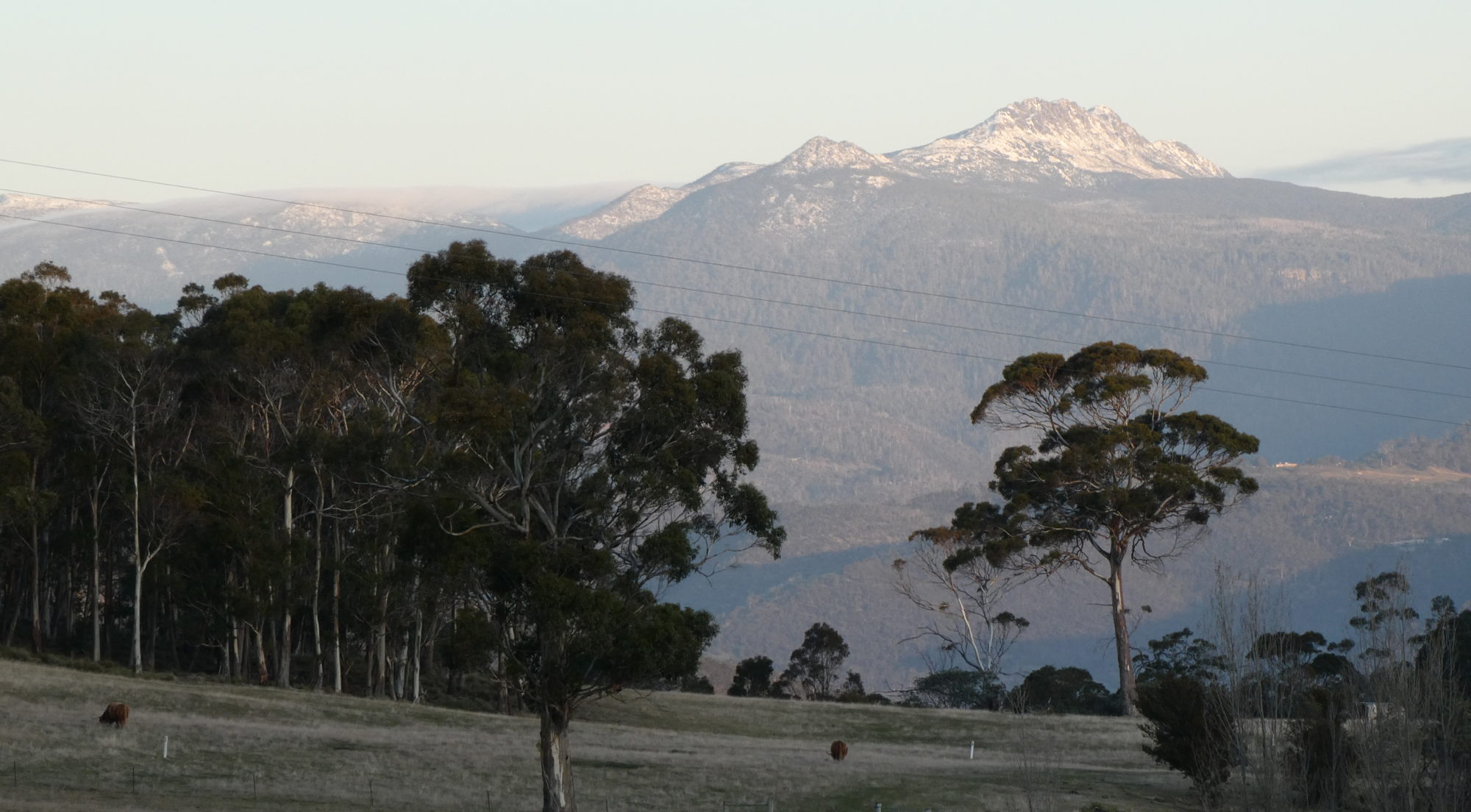By Wayne Hooper
(In response to this video: https://twitter.com/gbnews/status/1601649370214330368)
Contrary to Mr Oliver’s assertions about fracking in the UK being held back only by the Greens there are in fact some serious geological, economic, technological, and resource restraints that make access to UK gas very difficult indeed.
Some years ago the US Geological Survey announced huge gas deposits in California which many thought would prove to be a fracking bonanza. However, because of the seismic activity in that state the gas beds were unsuitable for fracking and the USGS downgraded the initial estimate of the reserves by 95%. So the moral is that not all gas reserves are suitable for fracking— and this seems to be the conclusion of many geologists about Britain’s gas reserves—e.g.,
Professor John Underhill, Chief Scientist at Heriot-Watt University, revealed that while opponents of fracking continue to focus on the environmental impact of this method of oil and gas extraction, the geology of the UK doesn’t support it.
Banks such a Barclay’s got rid of their investments in UK fracking ventures in 2017 because the economic case didn’t stack up. And even if the increased prices that gas is bringing at the moment were sufficient to make fracking profitable there are other major impediments to such ventures such as:
- Where would the skilled personnel come from? There are no pools of fracking expertise in the UK and importing specialists from the US is unlikely as there is an increasing shortage of skilled workers there.
- There is also a shortage of the specialised equipment needed and the price of pipes has gone up 40% or more.
- Fracking requires unbelievably huge amounts of sand and water which has to be trucked in and then disposed of. This is becoming a problem even in the wide open spaces of Texas, so the challenges of supply and disposal would be much greater in the UK:
In the face of growing supply shortages in the US, the cost of a ton of sand has risen from $15 in the second half of 2016 to $40 today. In addition:
“The expense is compounded by the logistics of moving sand from mines to well sites thousands of miles away. Drillers don’t use sand found on a beach. They prefer fine white silica, much of it found in northern Midwest states. Shipping 5 million tons of sand can require 200,000 truck loads, according to a 2013 study by the University of Wisconsin.”
Insofar as a relatively mature US fracking industry will get first pick on global sand supplies, these shortages, rising costs and transportation issues spell disaster for an undeveloped UK fracking industry that has yet to bring a single profitable Btu of shale gas to the surface.
Nor is a shortage of sand the only means by which the environment may put a stop to UK fracking. Water may prove to be an even bigger headache. In a 2015 article for Scientific American Bobby Magill documented a similar rise in water use to that of sand:
“Oil and natural gas fracking, on average, uses more than 28 times the water it did 15 years ago, gulping up to 9.6 million gallons of water per well and putting farming and drinking sources at risk in arid states, especially during drought.”
At first glance, water should not be a problem in the UK, where large volumes of water are blown in off the Atlantic Ocean. However, a large part of that water is either held in upland soil or washes back to sea through our rivers and streams. Currently, water companies can provide slightly more than we need – 2 billion litres are available above and beyond what we’re using
Assuming that UK fracking wells will be similar to those in the USA, it turns out that just 55 fracking wells would be enough to use up all of that extra water. Given that it will take at least 200 test wells to determine whether UK fracking can ever be profitable, that 55 well limit may prove to be a problem.


I saw Neil Oliver’s video. But it’s good to have a holistic perspective from Wayne Hooper. I thought I knew a bit about fracking, but apparently not. I thought I liked Oliver too, but maybe it was just the brogue?
Allan. We need the Neil Olivers of this world even if they sometimes get it wrong. We also need the Wayne Hoopers.
Agreed. Wise reply.
On top of what Wayne indicates, there is the problem of increasing Environmental sensitivity in the West, so oil and gas may seem to be going the same way as nuclear . . . Except for the looming energy climax in Europe this Northern Winter, and this key HTGR technology taking off in Japan and China : nuclear production of synthetic oil and gas and much else via hydrogen production using “HTGRs [using] helium gas to produce a high temperature of 950 degrees, three times higher than that of conventional nuclear power. This high temperature can be used to drive a gas turbine to generate electricity, while producing hydrogen through the thermochemical decomposition of water, in a cyclical process involving iodine and sulfur dioxide.” In :
https://japan-forward.com/nuclear-hydrogen-reactor-japans-next-generation-earth-friendly-energy/
https://www.iaea.org/newscenter/news/iaea-convenes-global-experts-to-assesses-high-temperature-gas-cooled-reactors-for-electricity-heat-and-hydrogen